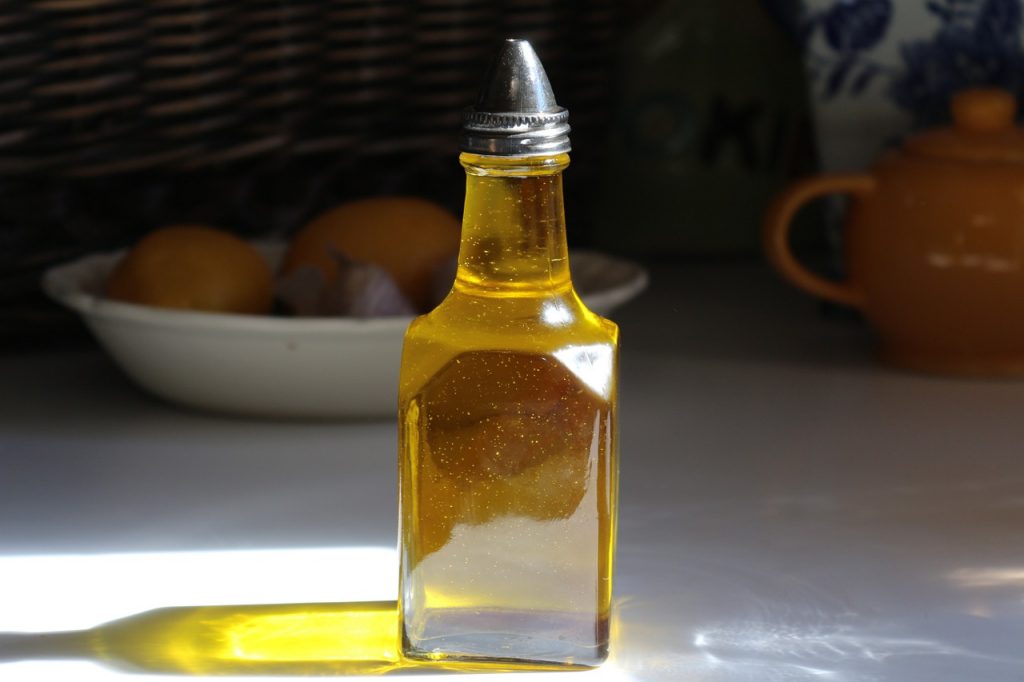Palm Oil Prices Are About To Skyrocket, Here’s Why
Find out the reasons why palm oil prices are now about to go through the roof.
This article is more than 2 years old

Palm oil prices are about to skyrocket due to Russia’s ongoing invasion of Ukraine. The news comes as markets frantically search for alternatives to shipments of sunflower oil that are stuck in Black Sea ports. According to data from CNN, palm oil futures prices in Indonesia have increased by more than 18% since the day before Russia began its onslaught on its neighbor. And Ukrainian sunflower oil futures rose by 32% in the first few days of the invasion.
Palm oil is an important ingredient around the globe. It is used in various foods and cosmetics, as well as for cooking in India, who is the world’s top importer of the product. Speaking to CNN about the palm oil prices, Chairman of Consultancy at LMC International James Fry said that consumers in China, Pakistan, Bangladesh, and countries in North Africa will also take a hit. “If they can get the oil, all these people are going have to pay much more for it,” he said.
Fry added that people will be forced to cut back their consumption because they won’t be able to afford the new palm oil prices. “Especially if things like wheat are also much more expensive,” he told the publication. Russia’s attack on Ukraine is having a significant bearing on sunflower seed and the oil supply from the region. And, according to experts, it happened at an inopportune time for a vegetable oil market that’s already under strain.
In January, Indonesia’s Ministry of Trade said it would cap shipments, which make up around 55% of the world’s exports, in an attempt to slow down rising domestic palm oil prices. Malaysia, the second-largest exporter of palm oil after Indonesia, is also feeling the pinch. The country’s palm oil industry is still recovering after a shortage of workers during the pandemic limited production. As such, the palm oil futures in Malaysia have spiked by 76% since the start of 2022, according to S&P Global data.

Unfortunately, companies that require palm oil can’t rely on Ukraine’s sunflower oil to curb prices anymore. The country usually makes up one-third of global production and half of all exports, but their industries are currently being disrupted by the war. As an alternative, buyers could switch to soybean oil. However, production is unlikely to speed up in time to meet the high demand at short notice.
In a statement to CNN, Chief Agricultural Economist at S&P Global Paul Hughes said the global vegetable oil market was in a very tight and precarious situation before the disruptions to exports in the Black Sea. But now, the combined impact of the war in Ukraine and economic sanctions on Russia means the market is predicting a loss of that supply for an extended time. Even if the situation calms down, buyers should expect to pay massive risk premiums for shipping palm oil in the region. And this, in turn, will increase prices for everyone.
According to the United Nations Food and Agriculture Organization, aside from palm oil, food prices around the world have increased by 28% in 2021. This is largely due to supply chain disruptions. Now, Russia’s assault on Ukraine could push prices up even more and exacerbate food insecurity.




